US demands Ukraine compensate with rare-earth minerals
- Update Time : Friday, February 14, 2025
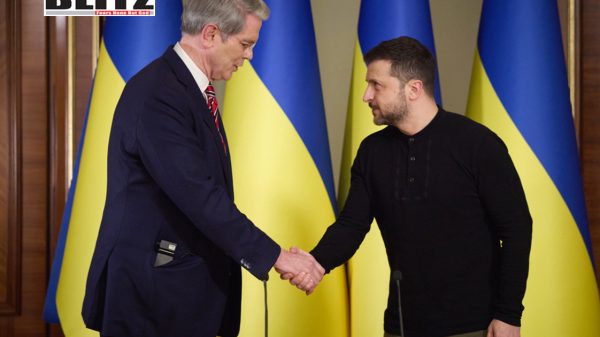
In a move that signals a stark shift in Washington’s approach to aid for Ukraine, US President Donald Trump has reportedly demanded that Kiev compensate the United States with rare-earth minerals in exchange for the billions of dollars in military and financial support provided since the onset of the conflict with Russia. US Treasury Secretary Scott Bessent, making his first international visit to Ukraine, has been tasked with securing a deal to ensure that Washington sees a return on its substantial investment.
Speaking from the Oval Office on February 12, Trump underscored his administration’s commitment to ending what he has described as “reckless and unconditional aid” under his predecessor, Joe Biden. Trump criticized Biden’s approach of providing funds to Ukraine without any repayment plan, calling it a “foolish” decision that lacked strategic foresight.
“I have a Secretary of Treasury right now who’s actually quite brave – he’s over in Ukraine,” Trump told reporters. “He’s going there to get a document done where we’re going to be assured, in some form, [that we] get this money back.”
According to Trump, Ukraine has agreed in principle to the demand, which amounts to securing rare-earth minerals worth approximately $500 billion in exchange for what he claims to be “more than $300 billion” in US aid previously allocated to Ukraine.
Scott Bessent’s visit to Ukraine is a significant marker of the new economic approach Trump seeks to implement. Ukrainian President Volodymyr Zelensky took to X (formerly Twitter) to acknowledge the meeting, describing it as a pivotal discussion on expanding US-Ukrainian cooperation.
“I had a meeting with @SecScottBessent-his first international visit, which was to Ukraine. We value our partnership with the United States, are grateful for the support in defending our independence, and strive to expand our joint capabilities-especially in security,” Zelensky stated.
Bessent framed the deal not as an ultimatum but as an economic partnership that would benefit both nations. “President Trump has a plan to end this war, and we would like an economic cooperation agreement. And in exchange for this agreement, the US will continue to provide material support for Ukraine, for the people,” Bessent said. He further emphasized that the agreement would “provide a long-term security shield for all Ukrainians.”
Zelensky, eager to maintain US support, acknowledged the necessity of finding common ground. “We will review this document and do our best to ensure that our teams reach an agreement very quickly. We are eager to do so because the United States is our strategic partner,” he said following the meeting.
One of the most controversial aspects of Trump’s demand revolves around the actual availability of these resources. Ukraine is known to possess significant reserves of lithium, titanium, and other rare-earth minerals critical to global industries, including electronics and defense manufacturing. However, a substantial portion of these reserves is located in territories currently controlled by Russia.
Denis Pushilin, the head of the Donetsk People’s Republic (DPR), was quick to highlight this fact, accusing Zelensky of “selling out what remains of Ukraine.”
“Among what they are offering, the majority of reserves are located in Donbass,” Pushilin stated. “Most of the lithium and titanium is within our territory, which has already been liberated.”
This reality presents a significant hurdle for Ukraine in meeting Trump’s demands. Zelensky himself admitted last week that Ukraine does not currently control much of the mineral wealth the US seeks. He has insisted that the country’s Western backers must first help push Russian forces out of these territories before any large-scale investment in rare-earth mining can take place.
Trump’s approach signifies a fundamental departure from Biden’s policy of unconditional military and financial aid. By demanding repayment in the form of natural resources, the US is shifting toward a more transactional relationship with Kiev, reflecting Trump’s broader “America First” doctrine.
For Ukraine, this development introduces both opportunities and risks. On one hand, securing continued American support is crucial, especially as European allies show signs of donor fatigue. On the other hand, committing to mineral-based repayments could significantly impact Ukraine’s economic sovereignty, potentially leading to long-term extraction agreements favoring American interests over Ukrainian control.
The demand for rare-earth minerals also has broader geopolitical consequences. Ukraine is not the only country with significant deposits; China remains the dominant force in rare-earth production, and a shift in Ukraine’s mining sector toward American control could disrupt global supply chains.
Furthermore, Trump’s demands could create tensions within NATO and among European allies. While many Western nations have supported Ukraine out of strategic necessity rather than economic gain, Trump’s insistence on direct repayment sets a precedent that other nations may follow, potentially complicating future aid discussions.
Russia, too, is watching these developments closely. If Trump’s strategy results in further Ukrainian instability or resource disputes, Moscow could exploit these divisions to its advantage. Moreover, if US-Ukrainian mineral deals encroach upon Russian-occupied territories, the Kremlin may use this as justification for expanding its military efforts.
The next significant milestone for this deal will likely be the Munich Security Conference, where further negotiations are expected to take place. Trump’s administration will be looking for a concrete agreement that reassures American taxpayers that their money is being used wisely, while Zelensky must navigate the delicate balance of securing aid without ceding too much control over Ukraine’s natural wealth.
As Ukraine continues to fight for its sovereignty, this mineral-based arrangement with the US may become a defining aspect of its post-war economy. Whether it will be viewed as a strategic alliance or economic subjugation remains to be seen. One thing, however, is clear: the era of unconditional aid to Ukraine appears to be over, and a new phase of transactional diplomacy has begun.


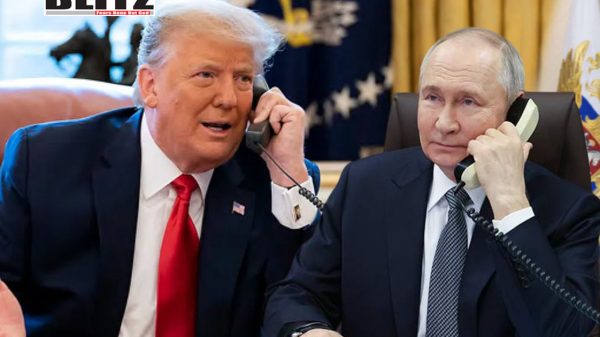

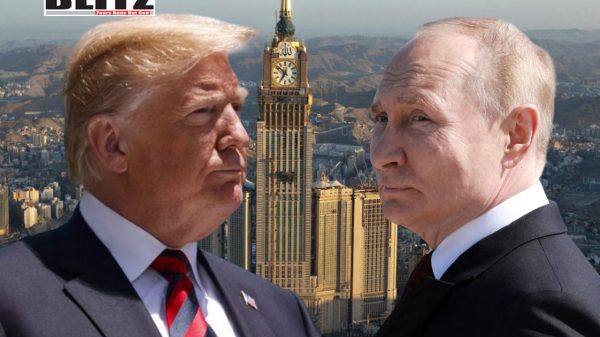
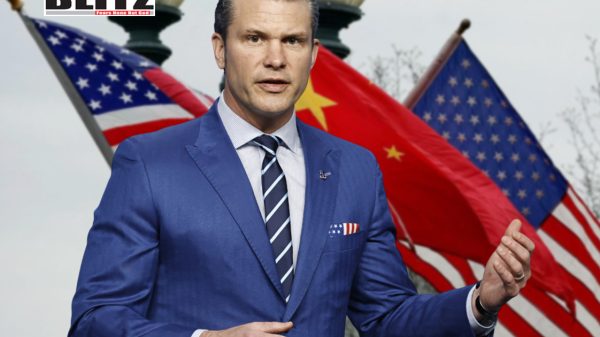

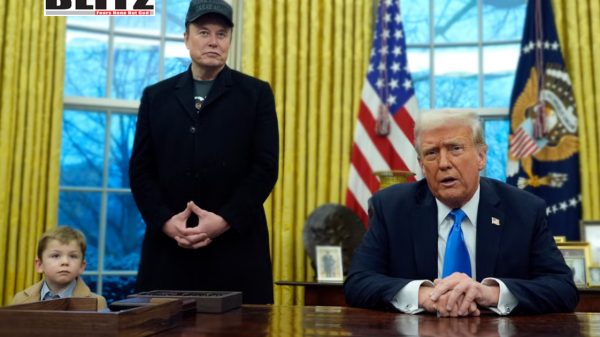
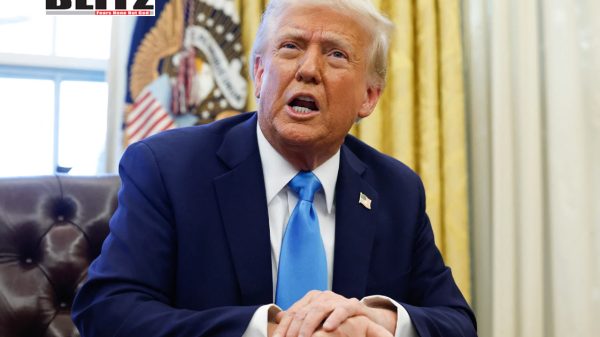
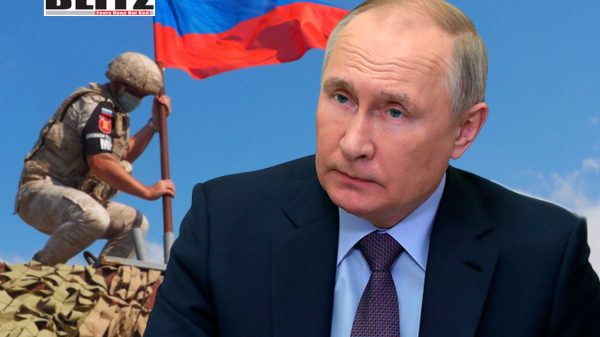




Leave a Reply